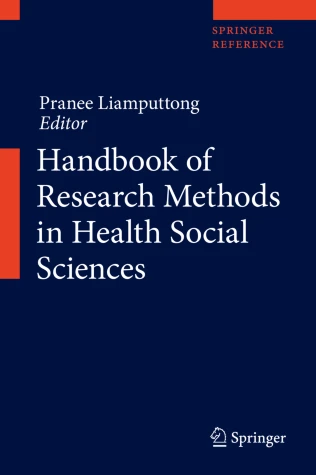Critical Theory: Epistemological Content and Method
Abstract
Critical theory situates science within the quest for social and political rationality. It indicates that science’s normativity – which answers the question “what should science do?” – orients itself in relation to the a priori potential of society. The latter for critical theory transforms itself into concrete political vindications for science. Adorno’s Gesamtgesehen, which differentiates from any total and, therefore, totalitarian conception of what science is, along with Horkheimer’s dialectical approach to science through interdisciplinarity and Habermas’ notion of communicative rationality (that emphasizes scientific dialogue) in science, finds themselves in marked contrast to the rest of modern epistemology. The chapter traces the epistemology of critical theory of the Frankfurt School through the twentieth and the twenty-first centuries via the concepts of dialectics, critique, reason, interdisciplinarity, communicative action and rationality, and their social and political function and role within modernity. The main aims of twenty-first-century epistemology of critical theory become as follows: formulate a theory of normative rationality, reclaim commitments to rational praxis, and educate the sciences to maintain dialectics as their pivotal scope and method of advance.

More Information
Keywords: Critical theory, Dialectics, Political epistemology, Normativity
Authors: Anastasia Marinopoulou
DOI: 10.1007/978-981-10-2779-6_58-1
Publisher: Springer
Published: 2018
More information: Springer website